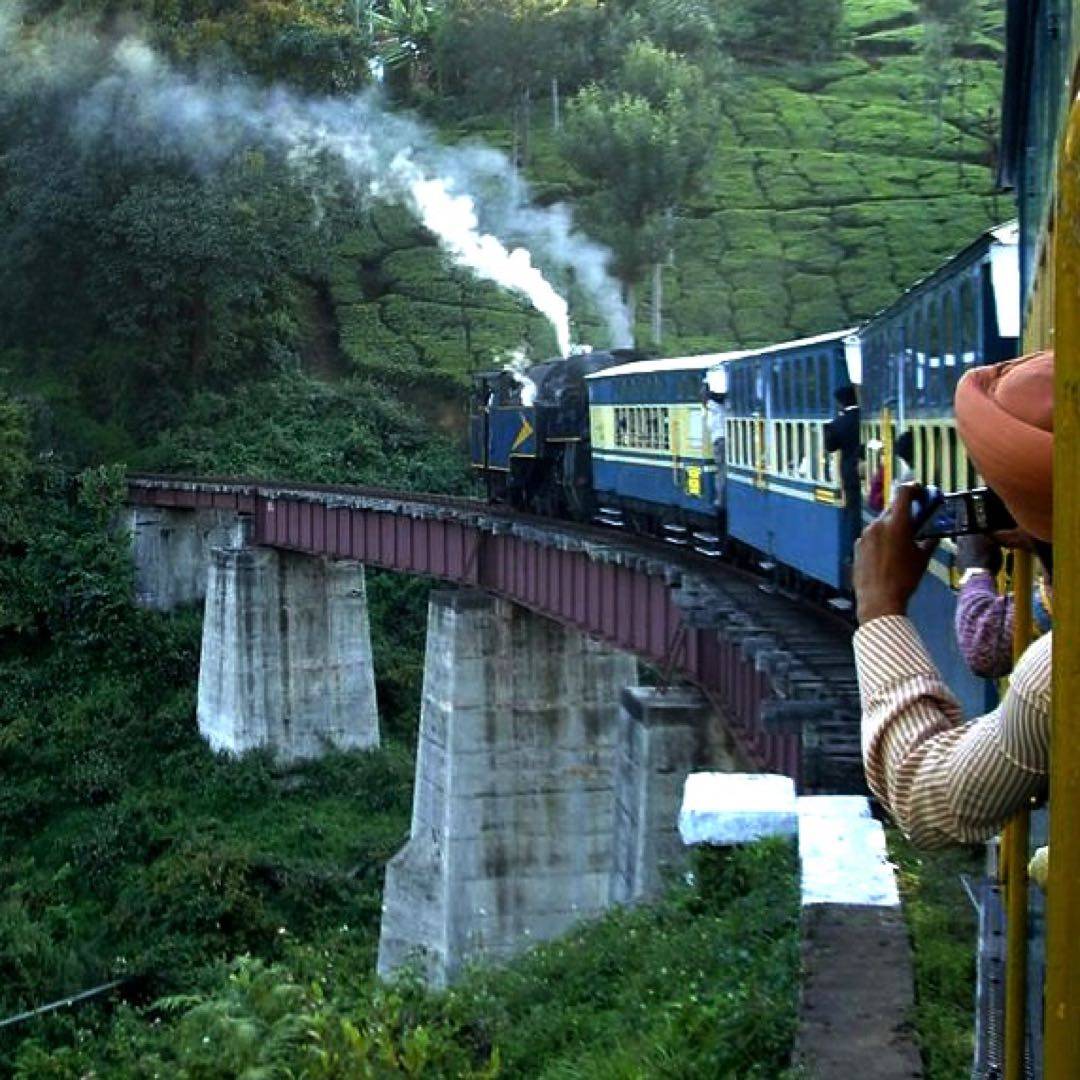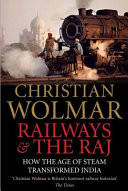
Okay perhaps a subject of limited appeal; the development of the Indian Railway network initially as a strategic asset to move the small English army and then as means of moving the population. The author. Provides much details on how the infrastructure decisions were made and how it was financed and how those decisions impacted future development. And as always third class subsidised first class.
47 likes


















